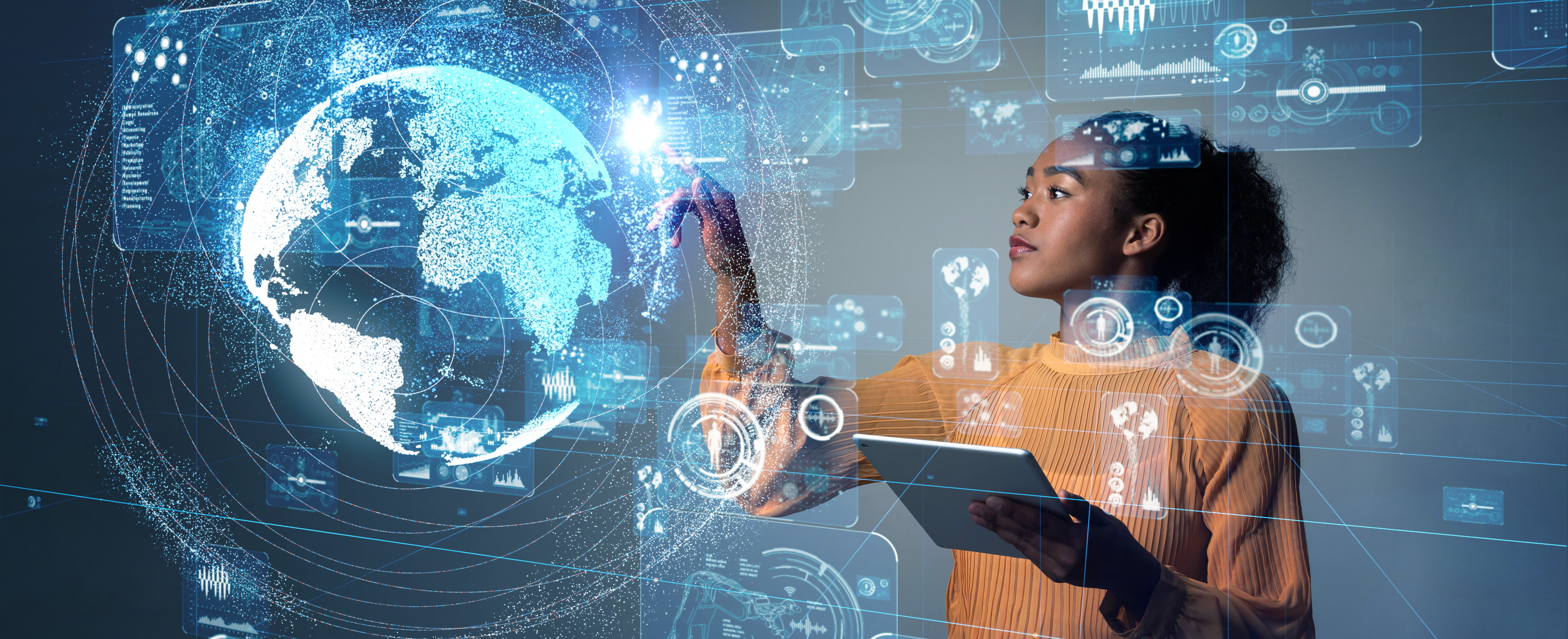UNIDO’s response to COVID-19 and the Fourth Industrial Revolution
22 July 2020 UNIDO

Aside from the obvious human and economic impacts, one of the remarkable aspects of the COVID-19 pandemic has been the vacuum filled by digital technologies: ICTs have facilitated millions of people in working from home during lockdowns, maintaining contact with friends or family or even in analyzing whether a person may be potentially infected.
The manufacturing sector has also been experiencing a transition to digitalization in recent times, with advanced innovations such as the Internet of Things, artificial intelligence, 3D printing, advanced robotics and wearable technologies disrupting traditional methods of manufacturing- a megatrend known as “the Fourth Industrial Revolution” (4IR). While this megatrend was under way prior to the lockdown, the pandemic is likely to have accelerated the process of digitalization of manufacturing, shortening global value chains, increasing regional trade and mass customization, as businesses scramble to adapt to a “new normal” by mitigating risks.
Naturally, this also carries implications for the achievement of the Sustainable Development Goals. In the short to medium-term, investments in this area are likely to fall, as governments grapple with both the healthcare and economic dimensions of the crisis. This may well precipitate knock-on effects for people, prosperity and planet, making it harder to reach those who need it most.
However, these innovations and new manufacturing techniques also carry huge potential for meeting immediate and future needs. For instance in the short-run, robots have already been deployed to transport essential medical supplies in heavy transmission areas of some countries. 3D printing is filling the breach in order to provide much needed personal protective equipment for medical professionals, while artificial intelligence is allowing for superior contact tracing and the development of vaccines.
Whereas previously, advanced innovation was largely driven by business imperatives such as added value, greater productivity and comparative advantage, digital technologies are now impacting upon wider society. The United Nations Industrial Development Organization (UNIDO) sees that the “new normal” in the post-pandemic world will increasingly be driven by advanced technologies and their applications for inclusive and sustainable industrial development.
UNIDO is adapting to this new reality through a multi-dimensional approach encapsulated in one phrase: “prepare and contain, respond and adapt, recover and transform”. Through this approach, UNIDO is providing tailored-solutions to its Member States to help them recover and build inclusive, sustainable and resilient economies.
This work hinges upon proactive interventions utilizing 4IR technologies in several areas, notably for institutional transformation; strengthening innovation clusters and ecosystems; upgrading the capacities of MSMEs; technology upskilling and learning; enhancing investment promotion agencies; and fortifying quality infrastructure in order to boost business resilience and competitiveness; as well as fostering smart production and effective partnerships.
A more comprehensive explanation of how 4IR technologies are being deployed for inclusive and sustainable industrial development is provided by the recently-published UNIDO report, COVID-19: Implications and Responses - Digital Transformation and Industrial Recovery. The document provides a detailed overview of potential implications of COVID-19 for the implementation of the Sustainable Development Goals, and how UNIDO is addressing the issues and assisting governments and the private sector to “build back better”.
For further information, contact: Bernardo Calzadilla-Sarmiento, Managing Director, UNIDO Directorate of Digitalization, Technology and Agri-Business